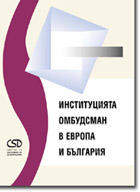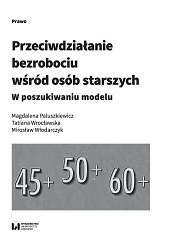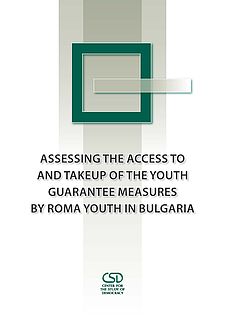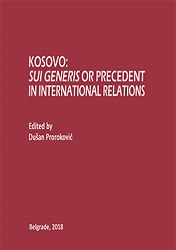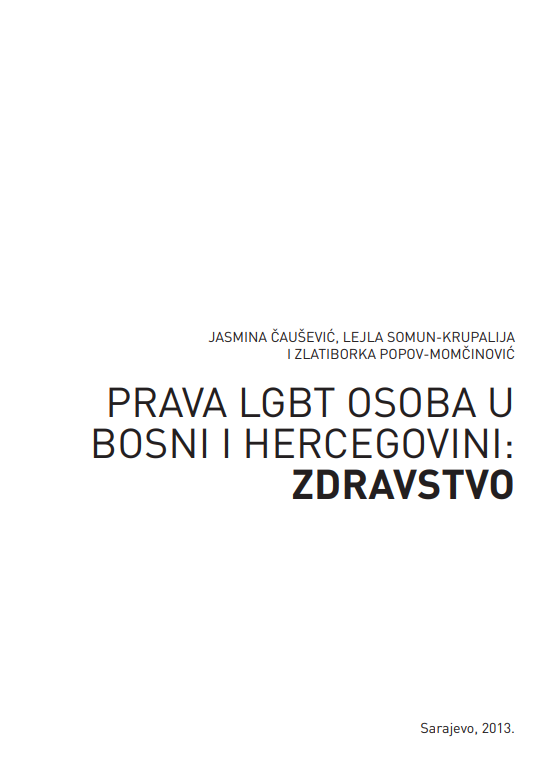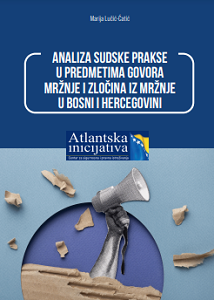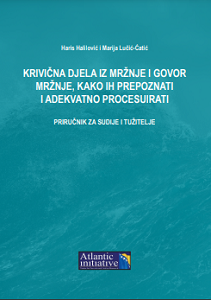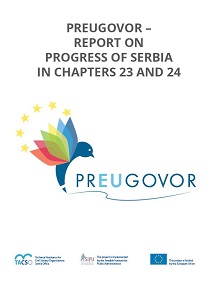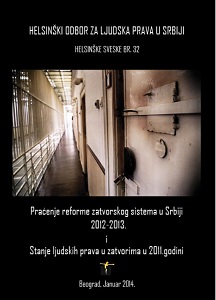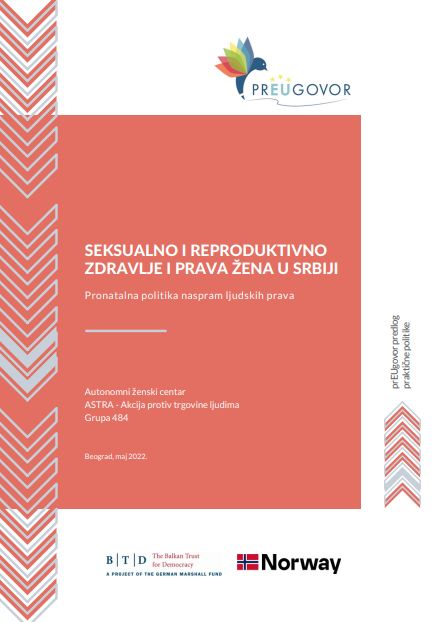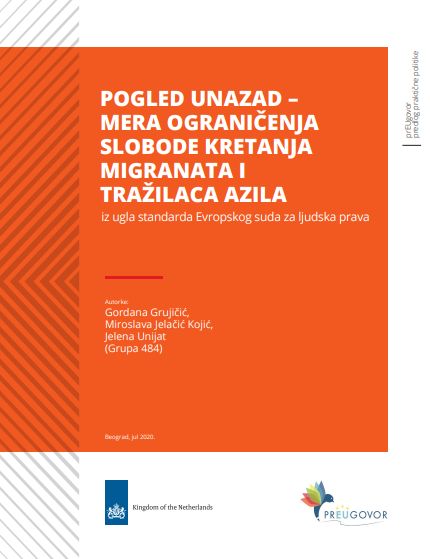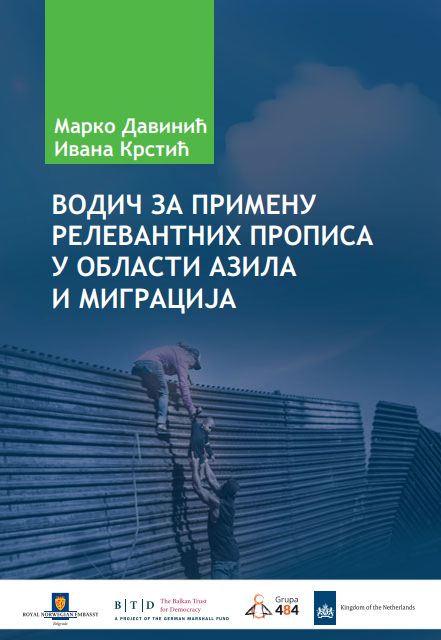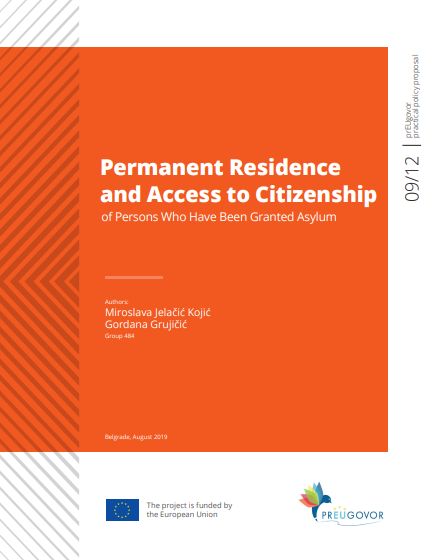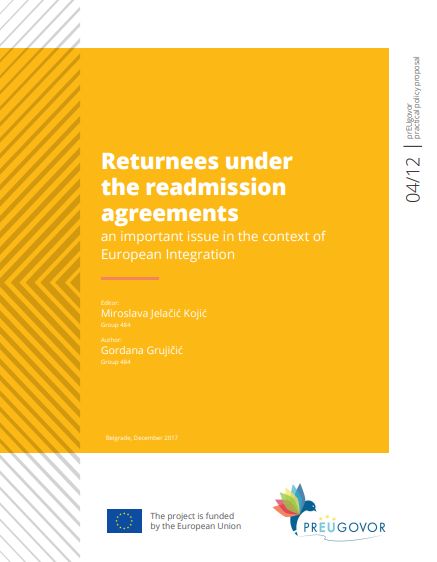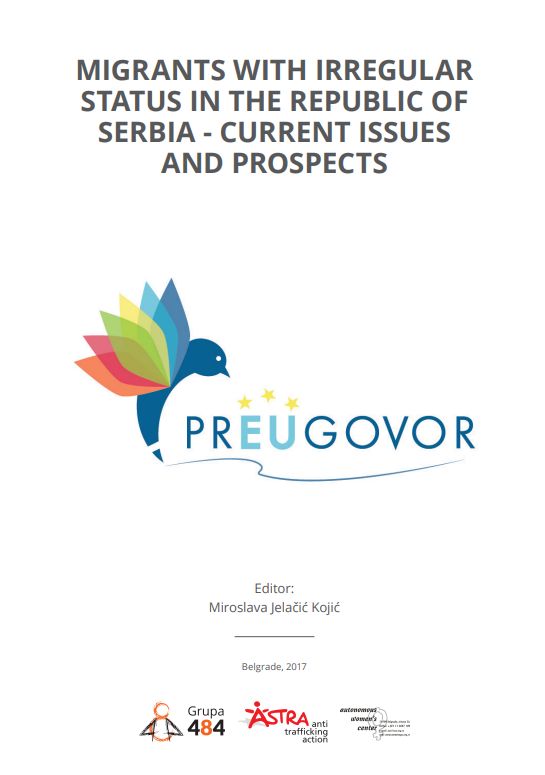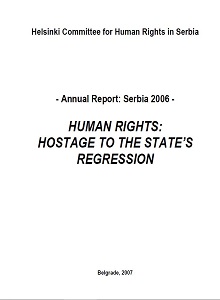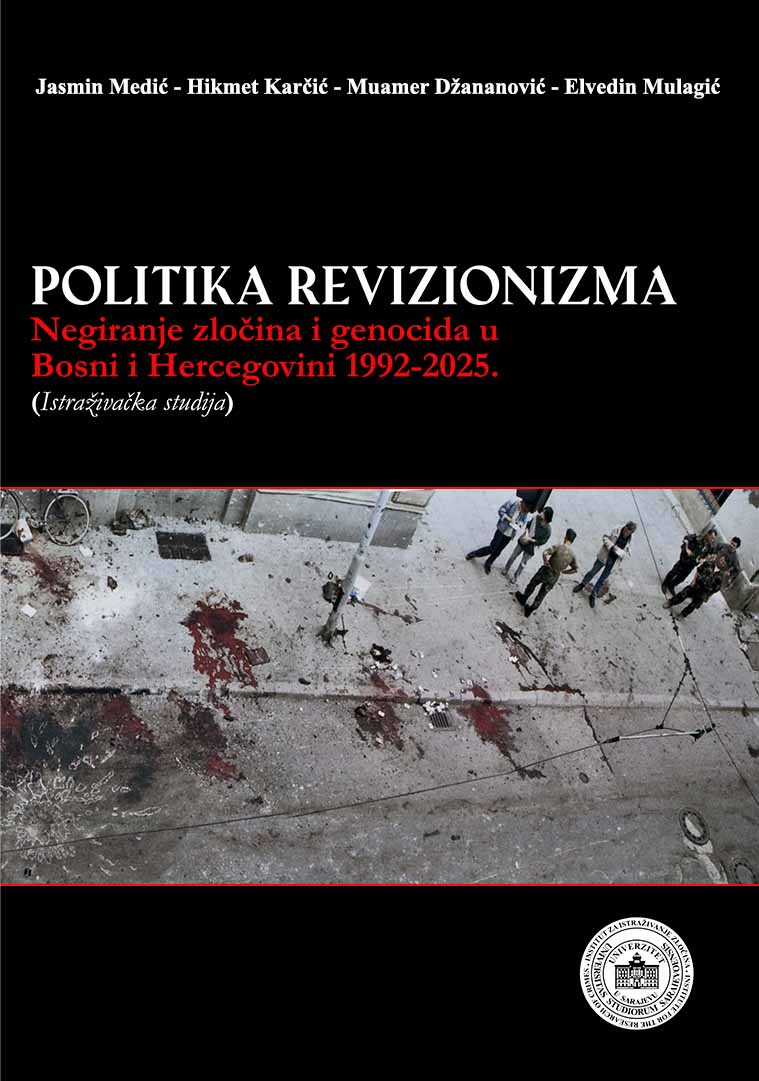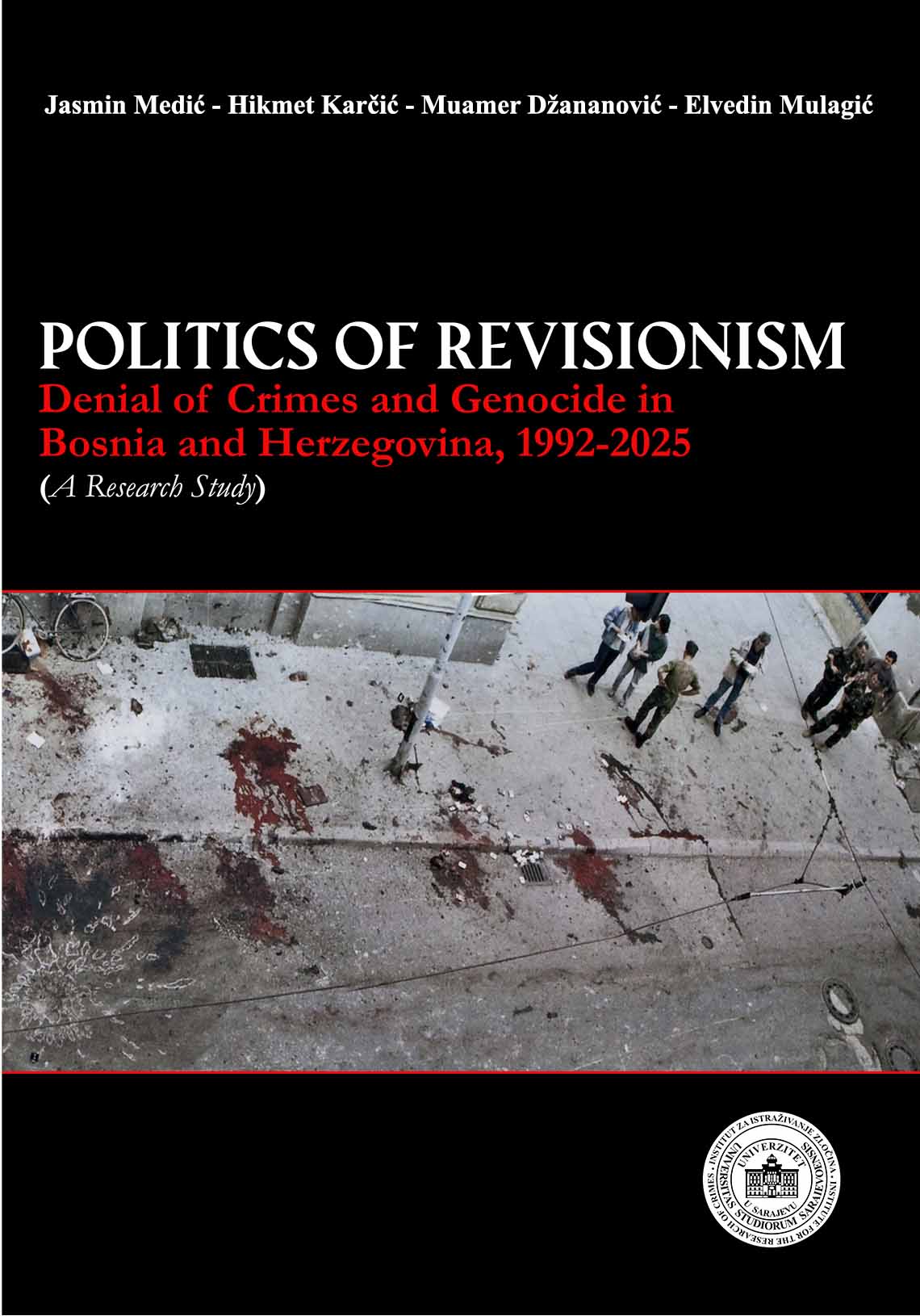Author(s): Marija Anđelković,Gordana Grujičić,Katarina Ivanović,Miroslava Jelačić Kojić,Dijana Malbaša,Vanja Macanović / Language(s): Serbian
The research study “Migrants with irregular status in the Republic of Serbia - current issues and prospects” is part of a broader effort of the PrEUgovor coalition to systematically monitor the implementation of policies in the field of judiciary and fundamental rights (Chapter 23), as well as justice, freedom and security (Chapter 24), and propose measures for improving the situation, benefitting from the process of EU integrations to achieve substantial progress in further democratization of Serbia. Representatives of ASTRA, Autonomous Women’s Center and Group 484 took part in this research, with representatives of the state administration, local self governments, other NGOs and international organizations also contributing in the context of a broader consultation process. The research Migrants with irregular status in the Republic of Serbia - current issues and prospects focuses on the position of irregular migrants and the response of the competent authorities to irregular movements that take place on the territory of the Republic of Serbia, with special emphasis on women, identification of gender-based violence and the risk of human trafficking. The document is intended to provide a proposal of measures to be taken to improve the established practice, through the analysis of the legislative framework related to irregular migration, the position of women and the combating of human trafficking, as well as the analysis of the practice of punishing people for illegal border crossing or stay on the territory of the Republic of Serbia, the court practice in regard to the offense of human smuggling, as well as the procedure for returning third country nationals. Additionally, due to the strategic orientation of the Republic of Serbia towards full membership in the European Union, the document aims to provide an overview of the key standards in related areas that are in effect in the European Union, as well as the practice of Member States, all in accordance with the priorities that are imposed on the Republic of Serbia in the accession process.
More...
